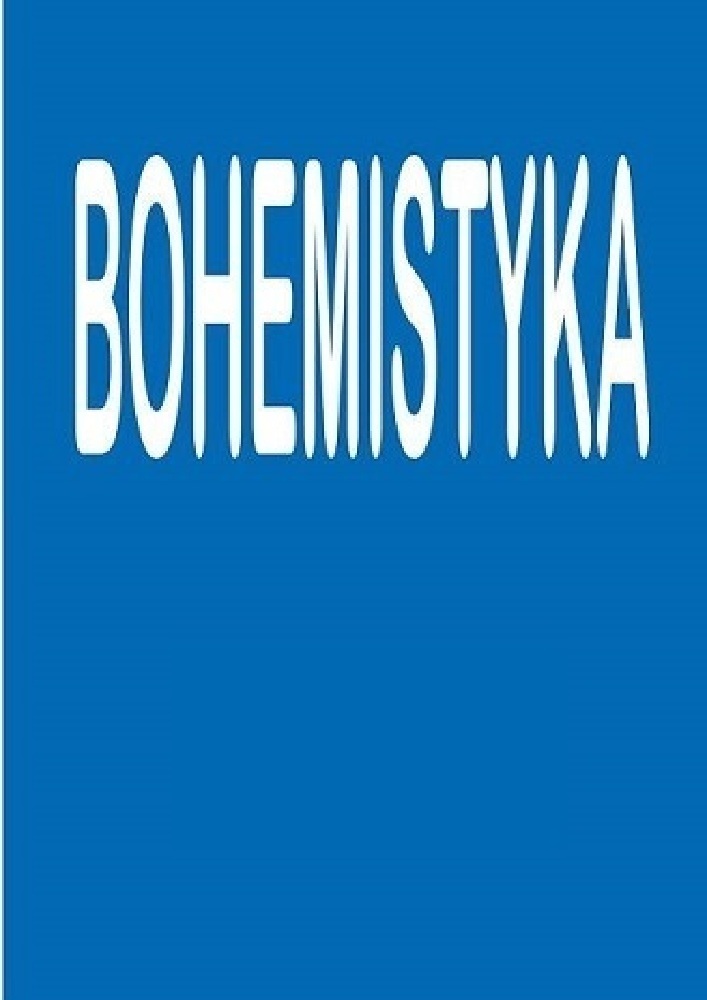Abstract
In colloquial Czech we see few cases of not repeating the preposition in utterances such as Nemám nic proti němu ani ní. They are also situations when j – n alternation in personal pronouns occurs. We cannot recommend using such phrases. Verbal adjectives are formed from the past participle or the passive participle. In some cases, when deverbatives can be formed from both participles, they are synonymous in meaning (ochrnutý, ochrnulý člověk). In other cases, the meaning differs (uznaný gól x uznalý nadřízený). We are not aware of reliable rules for non-native speakers of Czech which would describe their derivation and meanings. A foreigner has to learn each lexeme individually.
References
Cvrček V. a kol., 2010, Mluvnice spisovné češtiny I. Jak se píše a jak se mluví. Praha: Karolinum.
Hrbáček J., 1963, Opakování stejných předložek v několikanásobných předložkových výrazech. „Naše řeč” 36, s. 169–179.
Mluvnice češtiny 2, 1986, Praha: Academia.
License
Copyright (c) 2019 Milan Hrdlička

This work is licensed under a Creative Commons Attribution-NonCommercial-NoDerivatives 4.0 International License.




